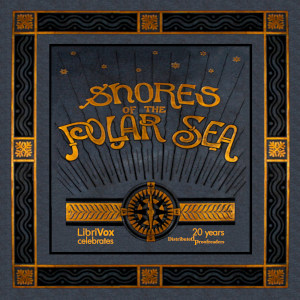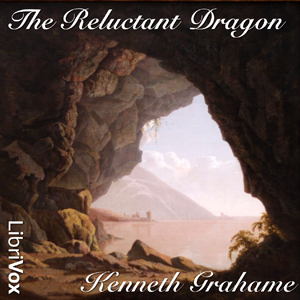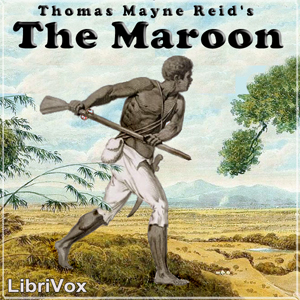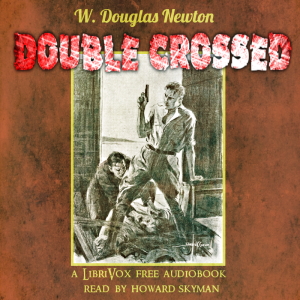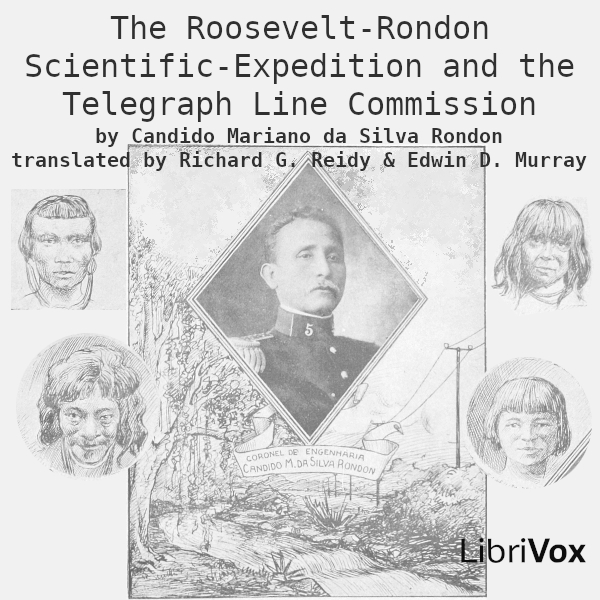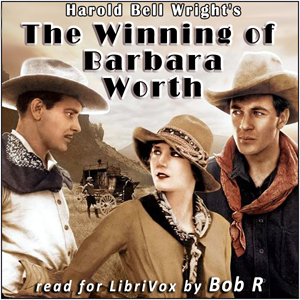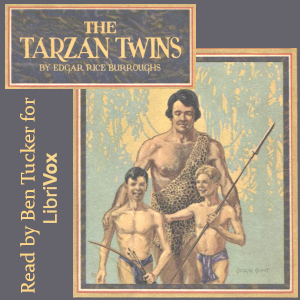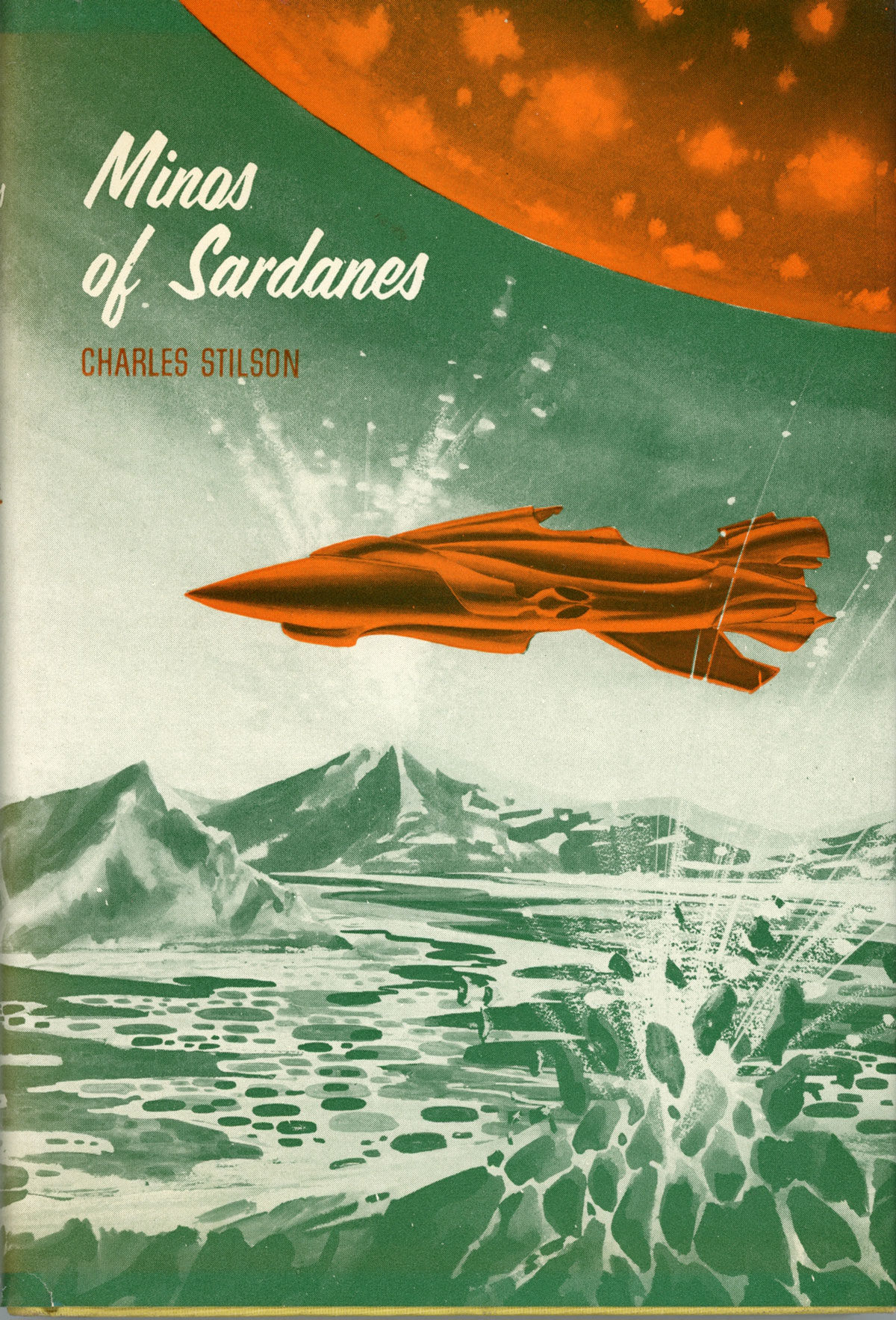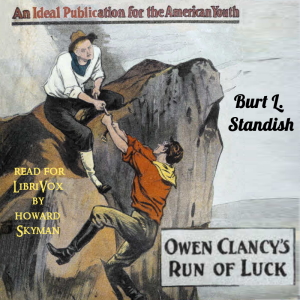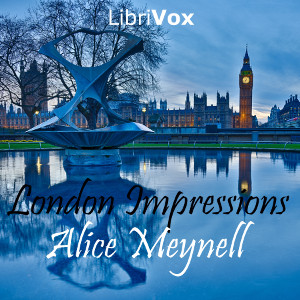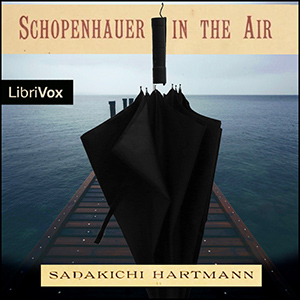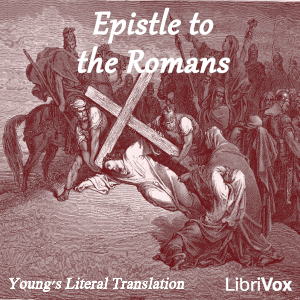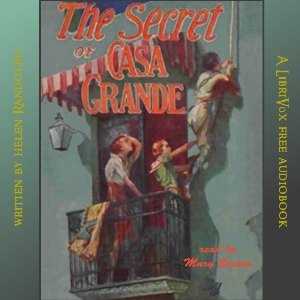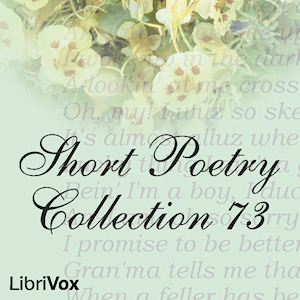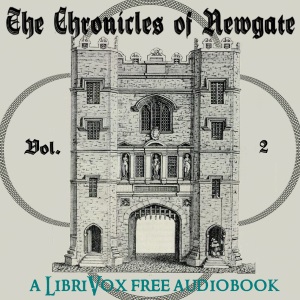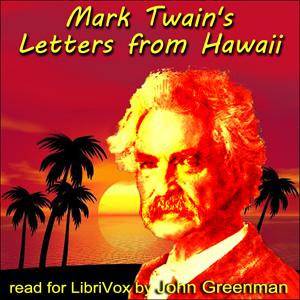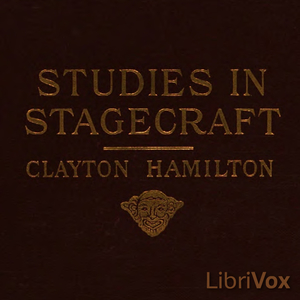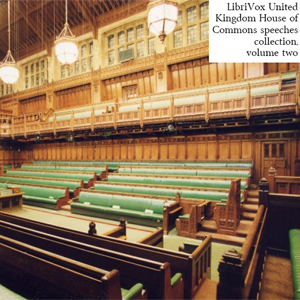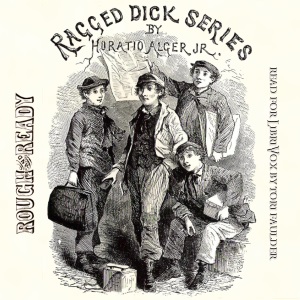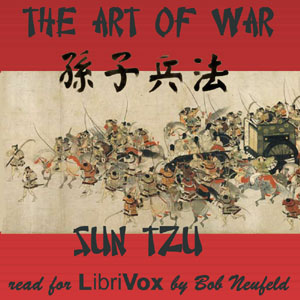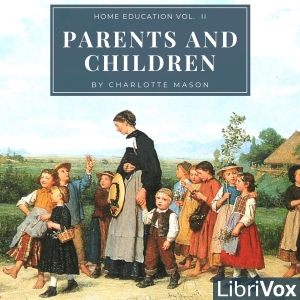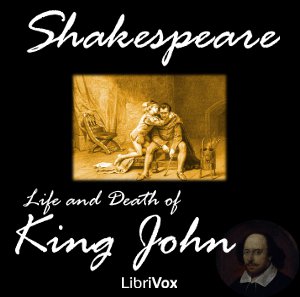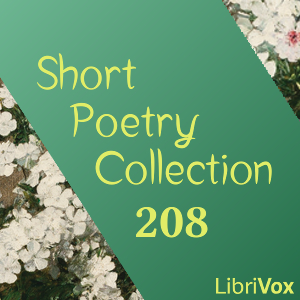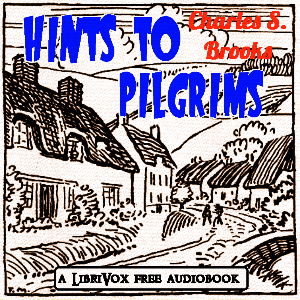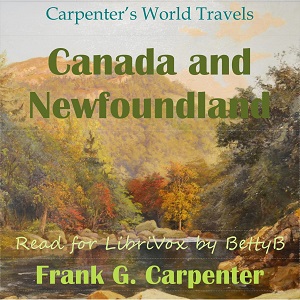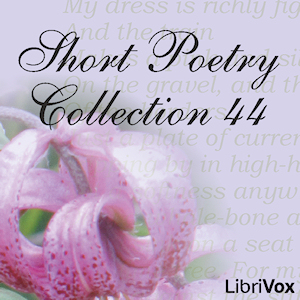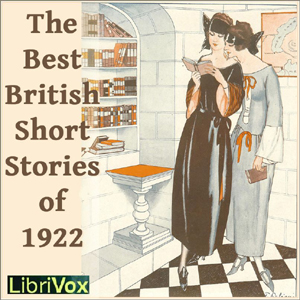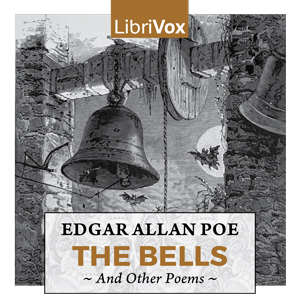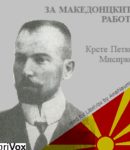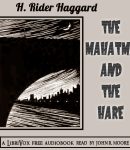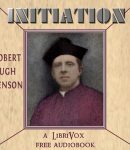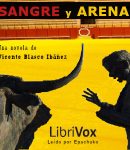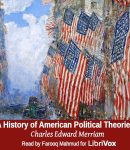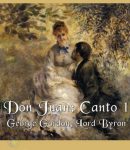
Don Juan: Canto I
The legend of Don Juan is one that’s been told and retold over the centuries by poets and novelists. His life has been the subject of operas, musicals and film. The earliest reference was in a fourteenth century Spanish play and compiled in book form in the seventeenth century. His life continued to fascinate writers like Moliere, Byron, Bernard Shaw, Pushkin, Shakespeare, Jose Saramago and musicians like Mozart, whose Don Giovanni is a brilliant work that still charms audiences and music lovers all over the world. The legend of Don Juan in Spain portrays him as a wealthy and amoral character, who prides himself on his marvelous power to attract women of all ages. He also spends the rest of his time gambling and drinking. Occasionally, he indulges in crimes like murder when thwarted in fulfilling his desires. Don Juan’s name has become synonymous in English and many other languages with being a flirt and a womanizer. However, in Don Juan by George Gordon Byron, the serial heartbreaker is portrayed as a much wronged innocent who is instead easily taken in by women. This epic, satirical poem which runs into more than 16,000 lines remains unfinished as Byron continued to add verses till his death. It is interesting to note that the English pronunciation of Juan is used throughout the poem, to rhyme with words like “ruin” and “true one.” In Don Juan: Canto I, Byron describes the rake’s early years in Seville. The young Juan begins his infamous career […]
